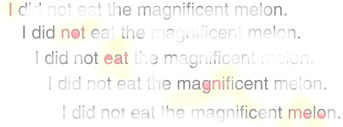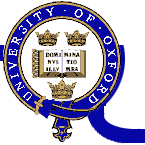

 |
Greg Kochanski |  |
Hilary Term 2004. Tuesdays, 12-1, Centre for Language and Philology Common Room. [Syllabus]
This course explores
We will use modern statistical techniques like the Bootstrap and Jackknife, Markov Chain Monte Carlo, and Monte-Carlo simulations. We may also touch on Bayesian Belief Networks as a way of thinking about uncertainty in grammars and other discrete models. The goal is to help the researcher decide on a good model and estimate how important a result might be.
The beginning of the course will review probability, conditional probabilities and Bayes' Theorem. It will also look at the historical record to study well-documented examples of pathological science in other fields to look for parallels in linguistics. Topics discussed may include spam filtering, attribution of authorship and style, reconstructing language groups in historical linguistics, and models of stress and duration, with some attention to perceptual and articulatory constraints on speech.
The course will be taught primarily via lectures, with class discussions, and some numerical experiments. A part of the course will involve discussing research problems that the members are working on. Calculations will be either accessible on the Web, or download-able to either Windows or Linux machines. Eight sessions, 1 hour each.
Prerequisites: General understanding of probability, basic statistical concepts, algebra. Some programming experience is valuable, but not essential. Students who have completed Formal Foundations for Linguistics (S. Pulman) will meet the prerequisites.
Target Audience: Linguistics and Philology. It could have application inside Experimental Psychology.
| [ Linguistics/Philology | Phonetics Lab | Oxford ] | Last Modified Sun Jun 8 07:27:15 2008 | Greg Kochanski: [ Mail | Home ] |